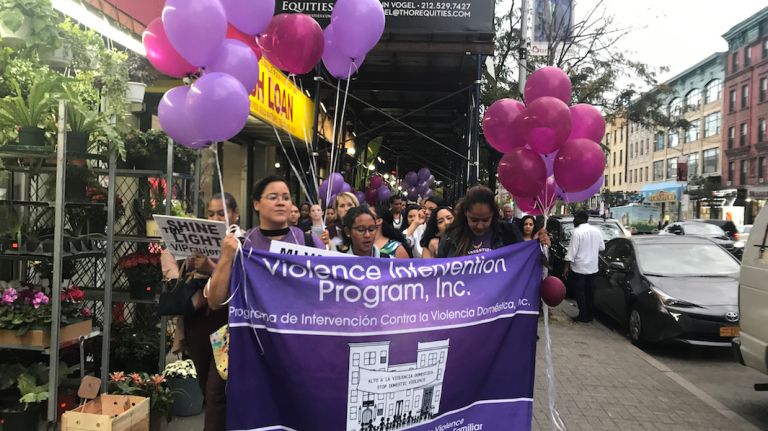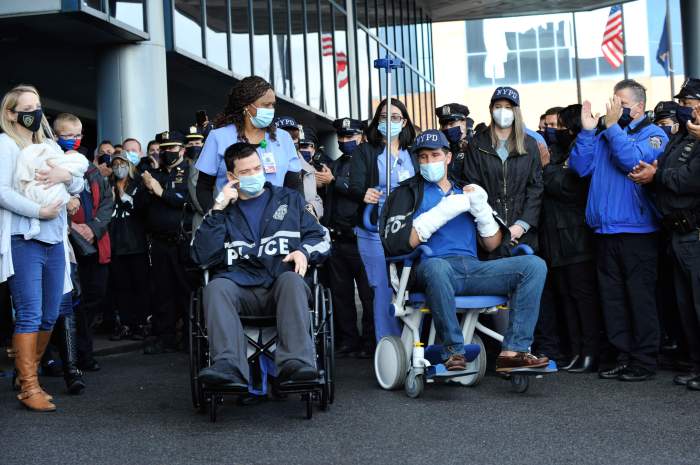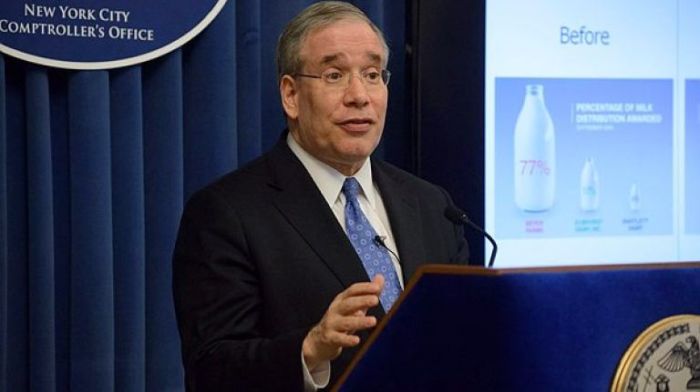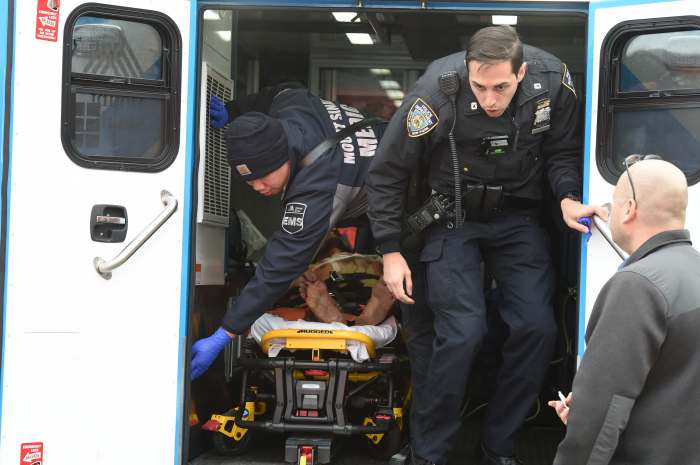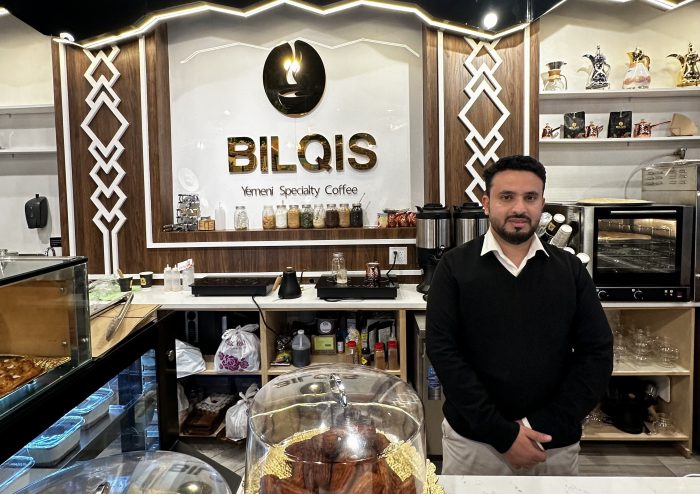The city must go further and improve upon support services for victims of domestic and gender-based violence, said Mayor Bill de Blasio in his daily briefings.
“We got to put more resources into family violence prevention services to stop these horrible crimes to begin with. We got to provide more counseling, more benefits to help survivors get back on their feet,” said de Blasio.
The mayor said the city is also looking to improve these services outside of the criminal justice system.
In 2019, according to the city, there were 25 deaths related to ‘intimate partner’ domestic violence and 38 family homicides. The NYPD responded to 245,366 domestic violence calls in total. Looking at the NYPD stats for 2020, there were 170,316 domestic violence calls across all precincts with 56.4% involving an intimate partner incident. There were a total of 58 murder “complaints,” read the report, indicating an increase though less people were calling the cops.
Last May, right after the height of the pandemic in New York City, the mayor had to launch an emergency financial relief program for survivors of domestic and gender-based violence in response to conditions in many households that were exacerbated by the COVID-19 lockdown.
The “micro-grant” pilot program offered a way for people to get to immediate safety while dealing with economic and housing needs during the crisis.
Brooklyn Councilmember Darma V. Diaz is the newly appointed chair of the Committee on Women and Gender Equity for the City Council.
“I’m excited to see that New York City is moving forward, that we’re working and knocking down the barriers that everyday New Yorkers are facing,” said Diaz.
“As a survivor of domestic violence, again I thank you for encouraging us to step forward and this platform where women, and men at times, can feel comfortable to talk about their experiences,” added Diaz, who unfortunately is not the only councilwoman that shares a personal history with domestic violence. Several councilmembers in the past have come forward to promote or host programs and services that connect survivors with community resources.
Manhattan Councilmember Helen Rosenthal spoke about her work with community-based organizations that have direct contact with survivors and therefore more attuned to their needs, she said.
“They are embedded in communities. They speak the languages and understand cultural challenges. They know every case is different,” said Rosenthal. “It’s these groups that should drive the conversation and training for NYPD up and down the chain of command.”
She said that informed “trauma response” training would allow for law enforcement to empathize with survivors and build trust. “This requires funding, time, and reinforcement retraining,” said Rosenthal. “I support any policy that listens to and meets the needs of survivors.”



